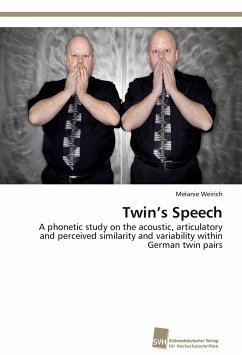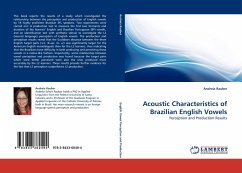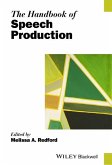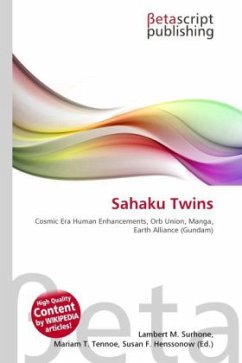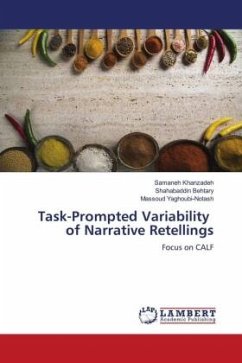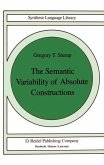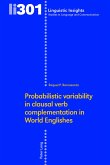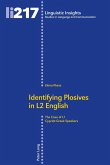This book deals with inter-speaker variability in monozygotic (identical) and dizygotic (non-identical) twin pairs in regard to articulation, acoustics and perception. The aim of the study is to find speaker-specific parameters that are even apparent in the speech of identical twins and to evaluate whether this speaker-specific variability reflects physiological differences between speakers (NATURE) or bases on learned variation due to social environmental influences (NURTURE). Articulatory and acoustic data was analyzed from 4 MZ twin pairs (100% identical genes) and 3 DZ twin pairs (50 % identical genes). Additionally, a perception experiment was carried out to explore the perceived auditory similarity. Results point to the importance of NURTURE and shared social environment. Nevertheless, three factors were found that influence the effect of NATURE: a) phoneme class (vowels vs. consonants), b) lexical stress (stressed vs. unstressed syllables), and c) degree of coarticulation (targets vs. transitions/gestures).
Bitte wählen Sie Ihr Anliegen aus.
Rechnungen
Retourenschein anfordern
Bestellstatus
Storno

